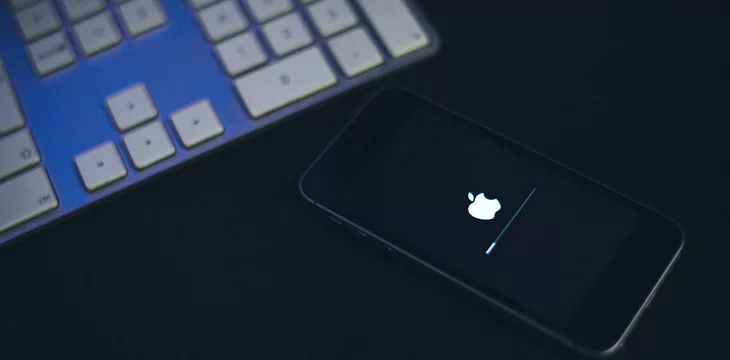|
Getting your Trinity Audio player ready...
|
As the tech world debates whether fully fault-tolerant quantum computing will become a reality within the next decade, Apple (NASDAQ: AAPL) isn’t taking any chances. The tech giant has announced a new security protocol that offers protection against quantum computing attacks for iMessage users.
The iPhone maker described it as the “most significant cryptographic security upgrade in iMessage history.”
While not much of a threat today, quantum computing is expected to advance over the next decade. Quantum computers will be able to crack today’s cryptography standards, from RSA to Elliptic Curve—iMessage has relied on the latter since 2019.
Apple believes that to prepare for advances in quantum computing, attackers could begin engaging in ‘Harvest Now Decrypt Later’ attacks in which they steal large amounts of data in expectation of decrypting it when technology catches up.
To protect users of its instant messaging service, the Cupertino, California-based company has announced PQ3, a post-quantum cryptographic protocol.
Apple says PQ3 is the most advanced protocol, offering Level 3 protection. Skype, Telegram, and WeChat come in at Level 0, where end-to-end encryption isn’t provided by default. WhatsApp, Viber, Line, and the current iMessage version were assigned to Level 1, where end-to-end encryption is by default.
Of the widely used messaging platforms, Signal is the closest in cryptography advancements at Level 2, Apple says. While Signal relies on post-quantum cryptography (PQC) key establishment alone, PQ3 will add ongoing PQC rekeying.
Commenting on Apple’s claims, Signal President Meredith Whittaker said that her company considered PQC rekeying but decided against it at the time.
“Such an approach is currently the realm of novel research and something that will require solving extant problems in order to implement at Signal’s scale,” she told one outlet.
Apple’s latest upgrade will come with the public release of its next batch of software upgrades— iOS 17.4, macOS 14.4, iPadOS 17.4, and watchOS 10.4—in early March.
Watch: Cybersecurity fundamentals in today’s digital age with AI & Web3

 03-04-2026
03-04-2026 




